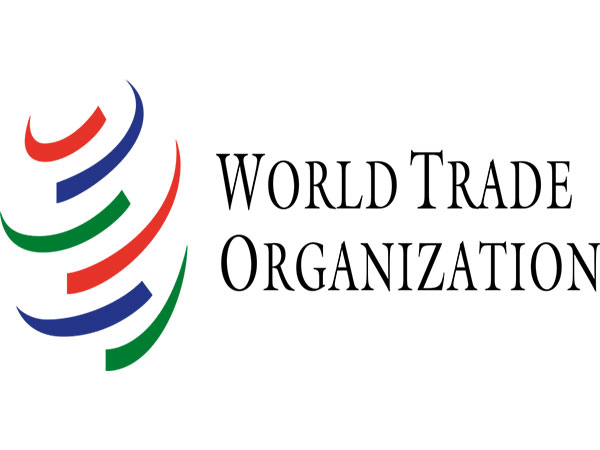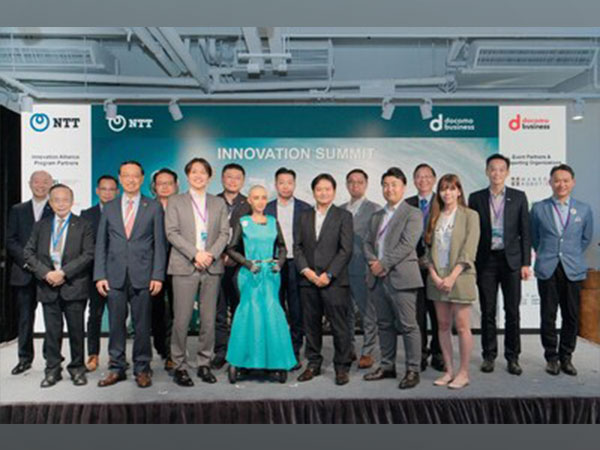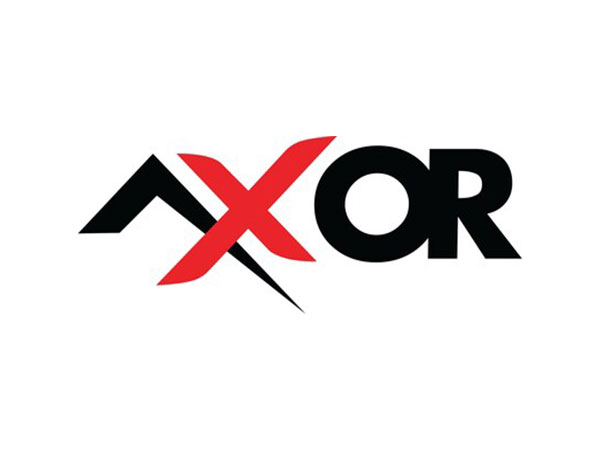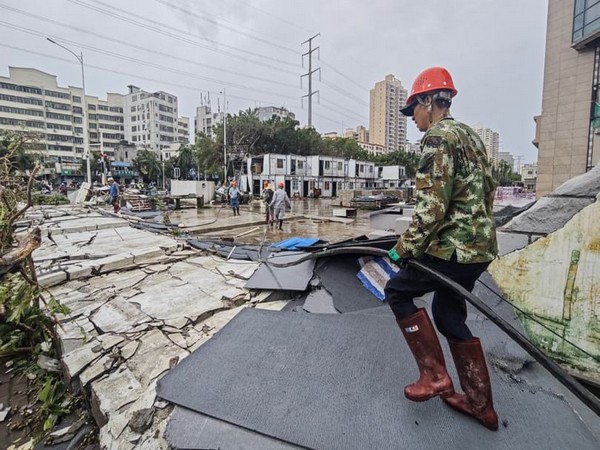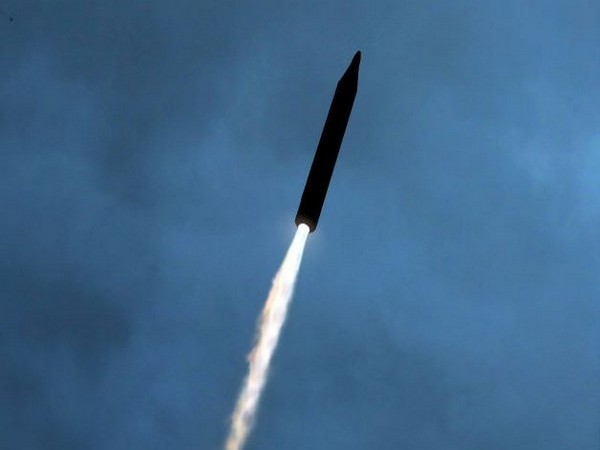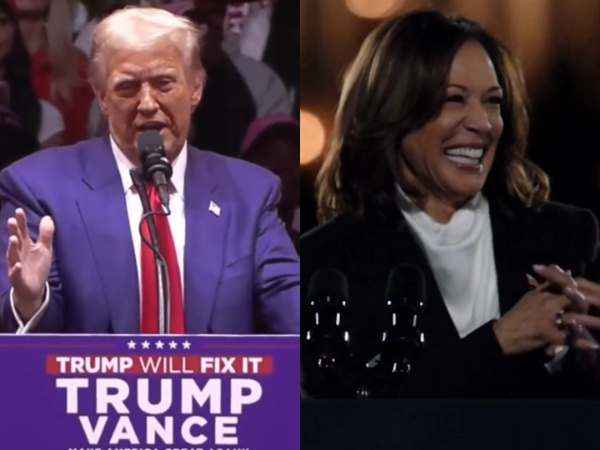Roundup: WTO members substantially conclude text negotiations on IFD
Dec 18, 2022
Geneva, December 18: Members of the World Trade Organization (WTO) substantially concluded on Friday in Geneva the text negotiations on Investment Facilitation for Development (IFD).
The IFD agreement is the first negotiation topic set up and actively led by China in WTO. It aims to establish international rules, improve the transparency of investment measures, speed up and streamline investment-related administrative procedures, and enhance international cooperation. More than 110 WTO members signed and participated in the negotiation of the IFD.
"We are only steps away from concluding the first investment negotiation in the WTO and at a global level," China's Ambassador to the WTO Li Chenggang said. This result demonstrates that WTO can deliver concrete negotiation results on topics that matter to the business world, he added.
In April 2017, China and a group of developing and least-developed WTO members launched an informal dialogue on investment facilitation for development. Currently, the initiative is co-coordinated by Sofia Boza, permanent representative of Chile to the WTO, and Jung Sung Park, deputy permanent representative of the Republic of Korea to the WTO.
After the text negotiations meeting on IFD, Boza told Xinhua that China has been an extremely productive member during these negotiations, and its contribution has been key to this process.
The IFD agreement will help improve the transparency of investment-related information, increase the predictability of investment and streamline the investment process, she said, adding that these three points are crucial for investors and developing countries.
The IFD agreement will encourage developing countries to attract more foreign direct investment and create more job opportunities, she said.
Jung Sung Park told Xinhua that as a leader of the WTO group "Friends of Investment Facilitation for Development", China's contribution to the negotiations has been "tremendously important".
According to him, the world faces the challenges of high inflation, recession and the reshuffling of the global supply chain. With the IFD agreement, developing countries can reform the investment regime, send a good signal to investors and attract investment inflows. The raise of the investment quantity and quality will be the first starting point of solving the crisis, he added.
Source: Xinhua
